One of his roles will be to lead a panel on wellbeing, continuity and place as part of the Health, Wellbeing, and Future Generations stream.

One of his roles will be to lead a panel on wellbeing, continuity and place as part of the Health, Wellbeing, and Future Generations stream.
Coming out of the conference inspired and grateful to be part of this research centre.
I also had the pleasure to present my research and discuss thoughts on unlocking climate action at scale with @alfiegaffney.bsky.social @neiladger.bsky.social and Sandra Bögelein!



Coming out of the conference inspired and grateful to be part of this research centre.
I also had the pleasure to present my research and discuss thoughts on unlocking climate action at scale with @alfiegaffney.bsky.social @neiladger.bsky.social and Sandra Bögelein!
One of his roles will be to lead a panel on wellbeing, continuity and place as part of the Health, Wellbeing, and Future Generations stream.

@clequere.bsky.social
@catherinemitchell.bsky.social
@aliceclimate.bsky.social
@neiladger.bsky.social
Book your spot ➡️ tyndall.ac.uk/events/criti... #AcademicSky
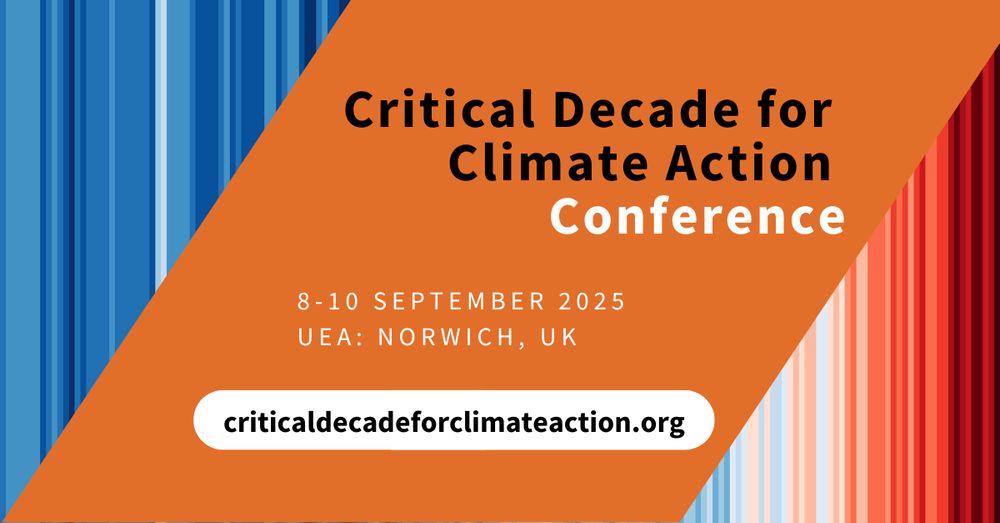
@clequere.bsky.social
@catherinemitchell.bsky.social
@aliceclimate.bsky.social
@neiladger.bsky.social
Book your spot ➡️ tyndall.ac.uk/events/criti... #AcademicSky
Sign up now to hear Professor Neil Adger, one of Earth’s foremost climate experts, on mission-driven adaptation to climate change, Thursday, 17th Apri,l 11:00 – 12:00 (NPT)
Register for the brownbag: buff.ly/J0sDaHq

Just published, on #adaptation #effectiveness, with Neil Adger @neiladger.bsky.social , Jon Barnett, Lisa Vanhala and Emily Boyd.
We look into accommodating diverse ethical positions, reflecting social norms, limiting path dependence, and enfranchising marginalised groups.
doi.org/10.1007/s105...
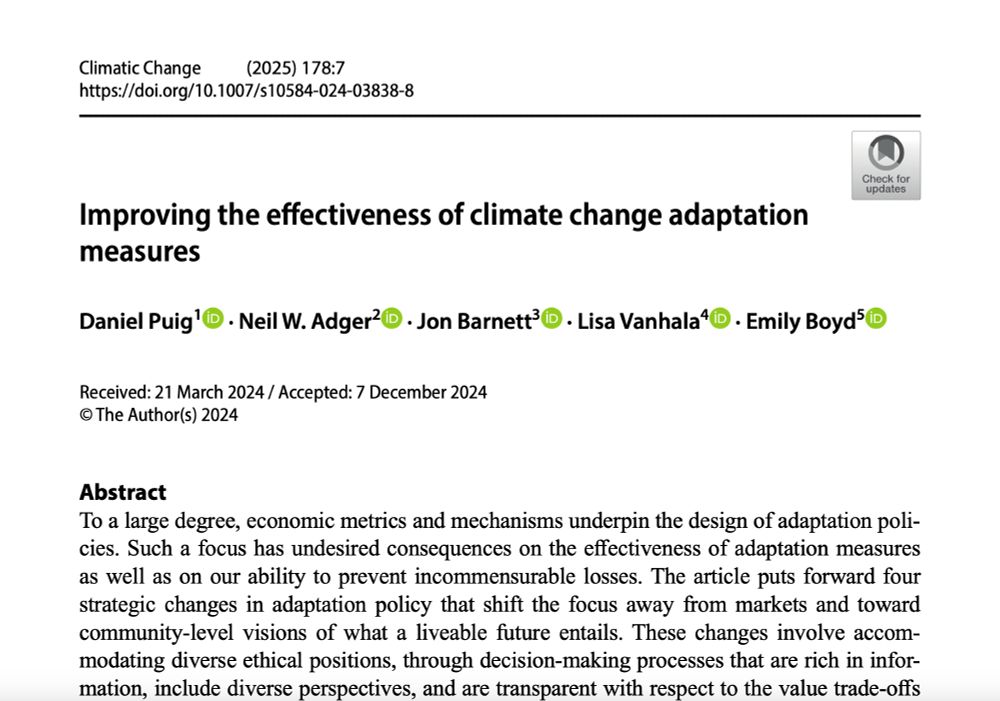
Just published, on #adaptation #effectiveness, with Neil Adger @neiladger.bsky.social , Jon Barnett, Lisa Vanhala and Emily Boyd.
We look into accommodating diverse ethical positions, reflecting social norms, limiting path dependence, and enfranchising marginalised groups.
doi.org/10.1007/s105...
www.nature.com/articles/s42...
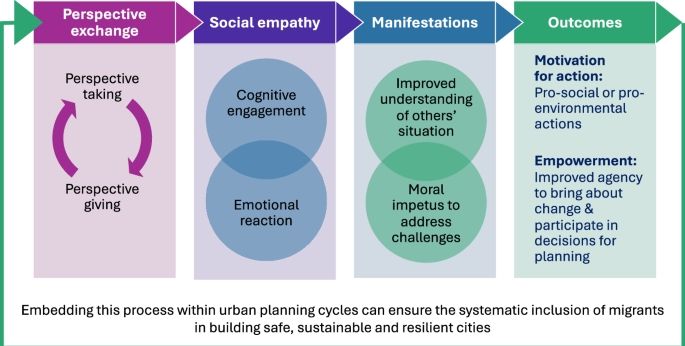
www.nature.com/articles/s42...
www.nature.com/articles/s42...
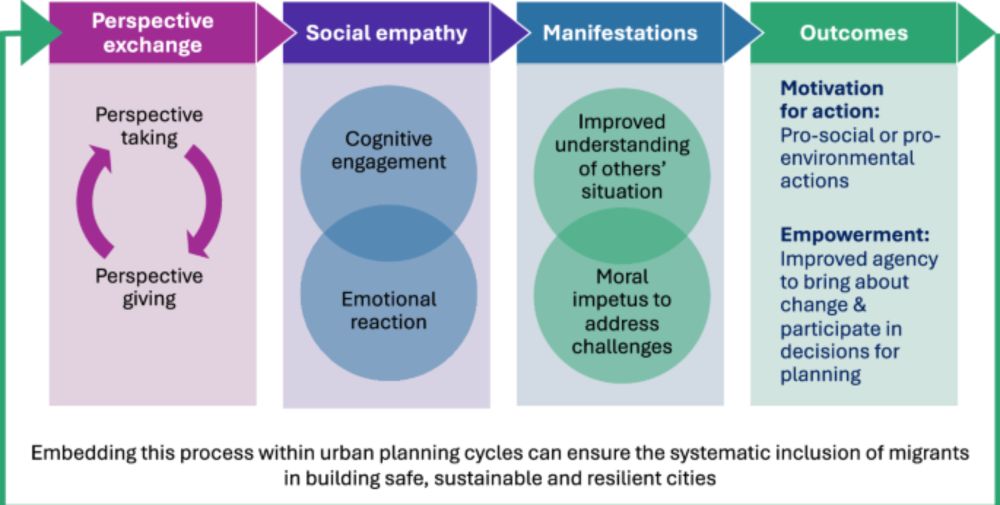
www.nature.com/articles/s42...
www.sciencedirect.com/science/arti...
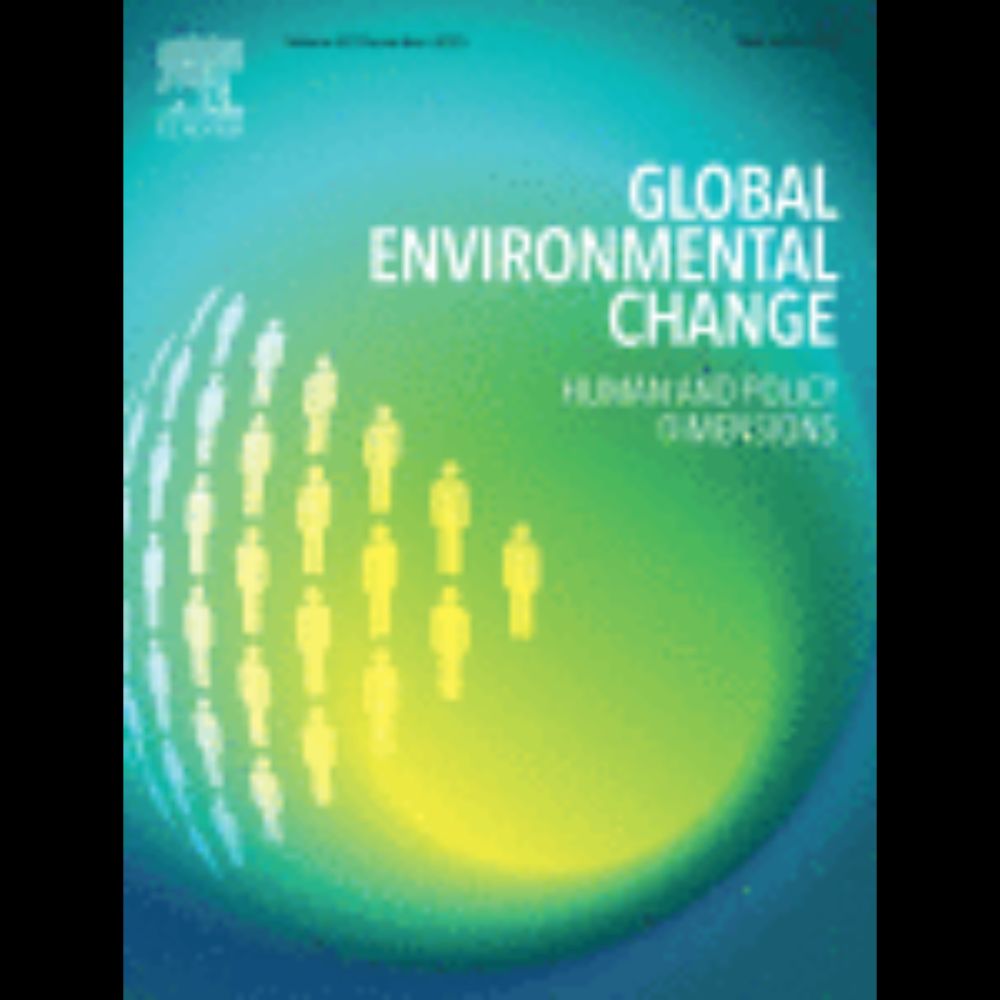
www.sciencedirect.com/science/arti...


www.sciencedirect.com/science/arti...

www.sciencedirect.com/science/arti...

